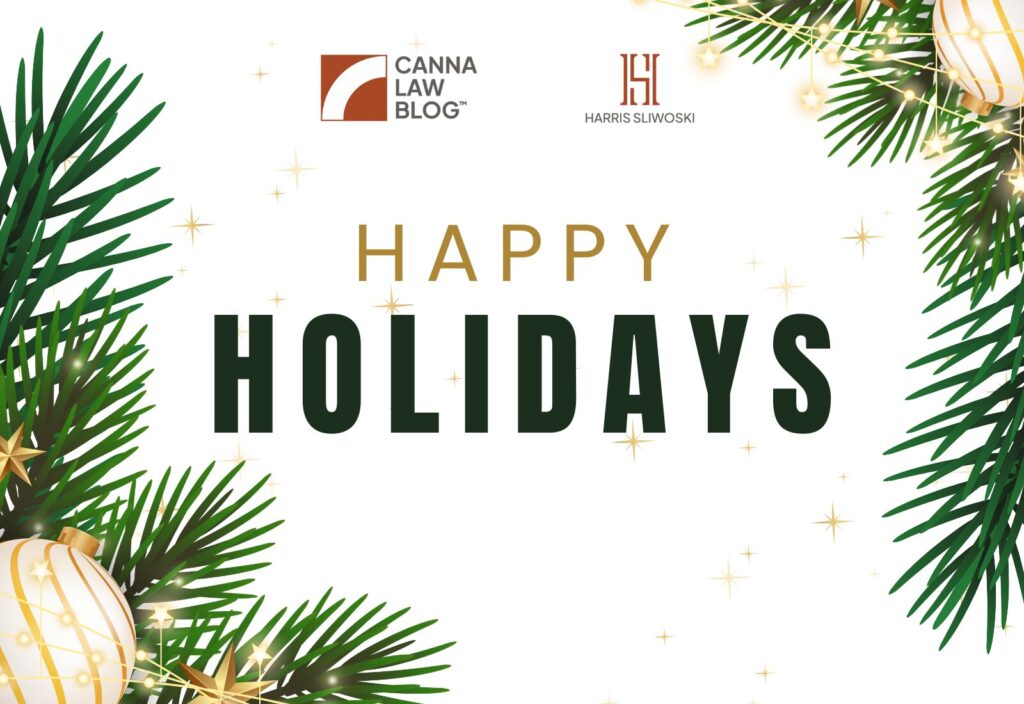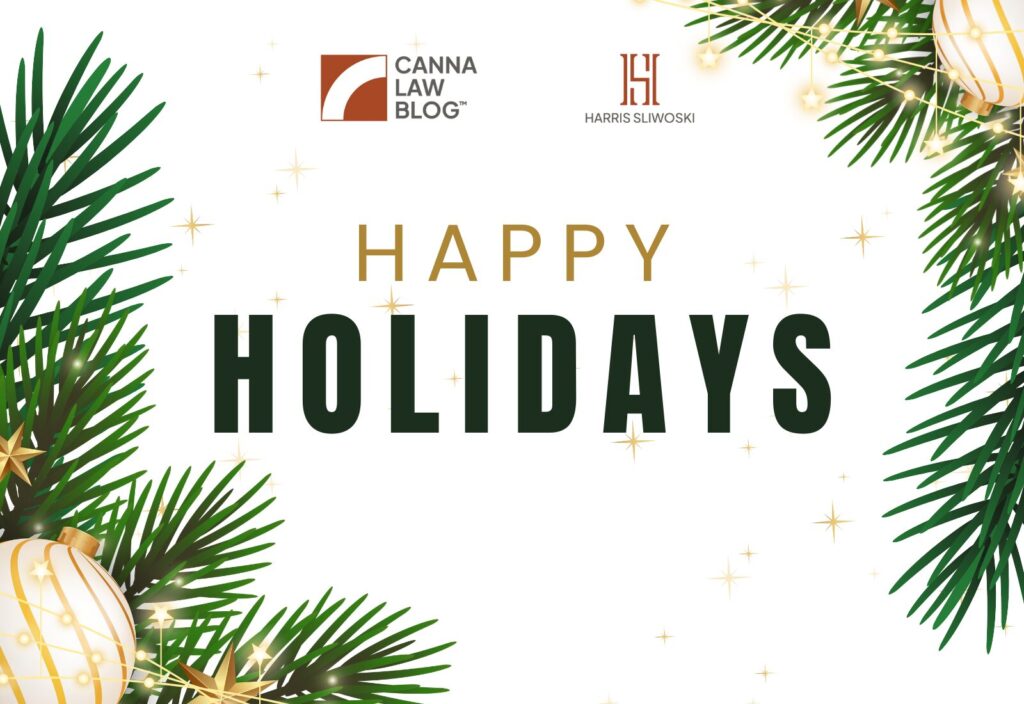
In an era of Theranos, Fyre Fest, FTX and WeWork, cannabis scams, frauds, and scandals probably pale in comparison. However, cannabis scams (and their evolution) are still worth noting, spotting, and avoiding at all costs. I’ve written about cannabis scams in the past (see here), and it’s one of my favorite topics given the still-emerging nature of the industry (plus, federal illegality attracts a lot of personalities and buyers should definitely beware). And since the cannabis economy is getting incredibly lean, scams are back on the rise. Even the Better Business Bureau has an alert out on dispensary scams. So, this is my update on cannabis scams 3.0.
Cannabis pump and dumps remain alive and well
In a pump and dump, fraudsters increase the demand and trading volume in a stock, and the new investors create a sharp rise in its price. Once the stock rises, the scammer group then sells its position at the peak to make a large short-term profit. So we’re talking about publicly traded companies here.
We have more publicly traded cannabis companies than ever thanks to continued state-by-state legalization and the 2018 Farm Bill. Back in 2016, I warned about pump and dumps with OTC-traded
Read full article on HarrisBricken






































